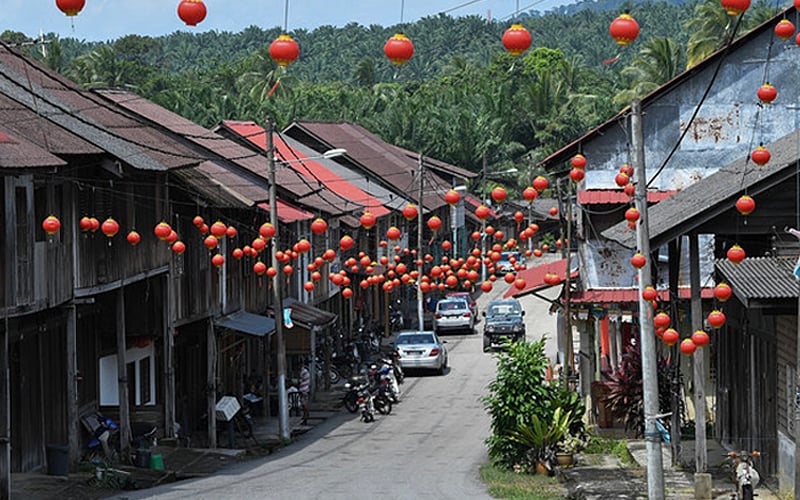
The harmonious images of Malaysian politicians from different races on both sides of the divide tossing yee sang and celebrating Chinese New Year together over the past few weeks belie the ongoing hullabaloo over whether the government should nominate New Villages as Unesco’s World Heritage Sites.
According to housing and local government minister Nga Kor Ming, the proposal is justified as New Villages are a phenomenon unique to Malaysia and have left an indelible mark on the way Chinese communities organise themselves.
His detractors, however, claim that any Unesco recognition of the Chinese as inhabitants of these New Villages would indirectly impact the Malay community’s status as Bumiputeras, which acknowledges them as the native inhabitants of Malaysia.
Nga’s rationale appears sound but overlooks an important fact: the New Villages’ significant role in the Malayan Emergency.
A better proposal for Nga would be to get the government and Parliament to recognise New Villages as national historical or cultural heritage sites on grounds that their creation was part of a chain of events that directly contributed to Malaysia’s independence.
After the Emergency was declared in 1948, the British colonial government floated the idea of resettling Chinese communities all over Malaya into internment camps for two purposes: preventing Ming Yuen (Masses Organisation) from succouring the Malayan Communist Party (MCP) with food and medicine, and protecting the neutral Chinese from being threatened and killed by the MCP.
The New Villages proved effective in cutting off MCP’s last supply lines, giving the British the upper hand in the battle against communism – a fundamental step prior to Malaya’s independence as both the colonists and Malayan leaders at the time opposed communism.
These facts demonstrate that New Villages played a pivotal role in modern Malaysia’s history and political identity.
Unesco’s criteria and challenges ahead
Furthermore, Nga’s proposal may not satisfy Unesco’s criteria for recognition of heritage sites, which is premised on exceptional cultural or natural significance that transcends national boundaries.
Malaysia presently has four World Heritage Sites, namely the archaeological site of Lenggong Valley, the historic cities of Melaka and Penang, Gunung Mulu National Park, and Kinabalu Park. These are either locations that were witness to significant global societal movements or places that possess outstanding natural beauty.
New Villages, however, only bear witness to Western colonialism and the Cold War in Asia, which are not the most glorious pages of human history and do not display any unique cultural syncretism. On top of that, the violence employed by the British to contain the Chinese community has led some to describe the New Villages as “concentration camps”.
Therefore, it would be more historically accurate for Nga to seek national recognition for New Villages instead of Unesco’s approval.
However, Nga will still face many challenges in seeking to preserve the objective truth of New Villages.
First of all, would the Malay nationalists agree to it, since calls to recognise Chinese heritage as part of national culture have often been met with fierce opposition? Would Nga risk challenging the definition proclaimed by the National Culture Congress in 1971 that Malaysian culture should be “defined by Malay-Muslim elements while suitable elements from other cultures may be accepted as part of the national culture”?
Besides that, practical concerns to be addressed include the expiring leasehold terms for many New Villages, and the modernisation that has over the decades severed their resemblance to the original blueprint.
Taking into account the reduced political mileage of the new proposal, would our minister still have the courage to nominate New Villages as national cultural or historical heritage sites to recognise their place in our nation’s history?
The answer remains to be seen in the fraught environment of the unity government. - FMT
Rex Tan is an FMT journalist.
The views expressed are personal to him and do not necessarily reflect those of MMKtT.



No comments:
Post a Comment
Note: Only a member of this blog may post a comment.